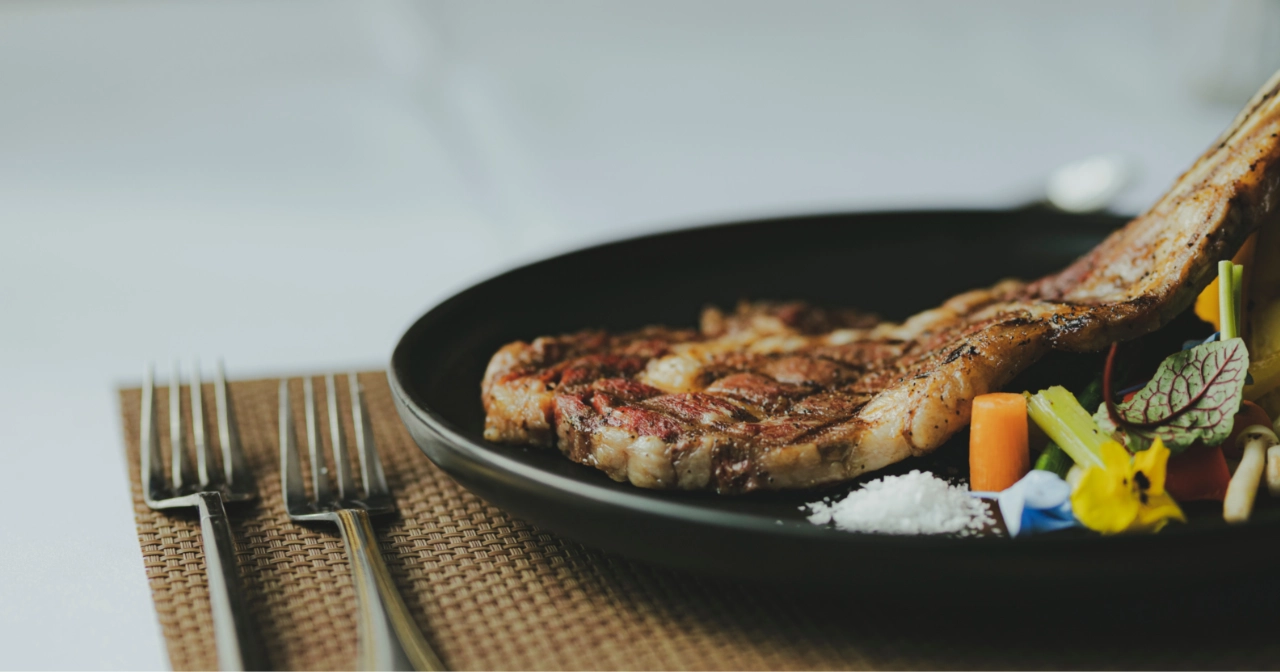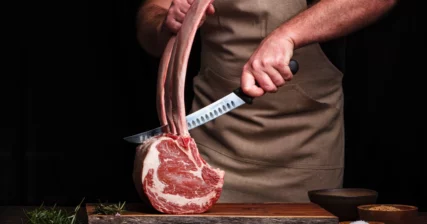Listen on: Apple Podcasts | Spotify
Unless you’re an athlete who trains for hours every day or one of the few people in the population with an extreme metabolic rate, eating more than three meals per day will likely cause massive weight gain, metabolic syndrome, low energy levels, and poor gut health.
Does that mean I’m anti-sweets or anti-dessert? Not at all. Just last night, I ate three servings of apple crisp. But I ate it as part of my dinner, not as a late-night snack.
With the holidays upon us, I thought it was a good time to remind you of the health benefits of intermittent fasting.
What is intermittent fasting?
Intermittent fasting is the habitaul practice of food avoidance during part of your daily or weekly schedule.
In some forms of intermittent fasting, people avoid food for 24 hours on one or two days of each week.
More popular, and in my opinion, easier to follow, you have time-restricted eating. In this form of intermittent fasting, you eat within a defined time window each day.
Studies have been done using 4, 8, 10, or 12-hour eating windows, which means that study participants fast for 20, 16, 14, or 12-hour periods each day.
From experience and experimentation, an 8-hour eating / 16-hour fasting schedule is most practical, where you eat from lunch through dinner each day. This is especially the case for men.
I recommend some female clients, such as those dealing with adrenal fatigue, shorten their fasting period to 14 hours and eat during a 10-hour window.
Benefits of Intermittent Fasting
The list of intermittent fasting health benefits is long and continues to grow as more research emerges. Benefits include:
- Higher levels of sustainability because it doesn’t feel like you’re on a restrictive diet
- Improved body composition or lower body fat levels
- Reduced blood sugar and lipid levels
- Improved mental energy and cognitive function
- Lower insulin and higher growth hormone levels
- Reduced blood pressure
- Lower systemic inflammation
- Better balance of healthy gut bacteria
The following images are found in the paper Time-restricted Eating for the Prevention and Management of Metabolic Diseases, published in Endocrine Reviews. They offer a compelling visual case for time-restricted eating.


The Problems with Snacking
I’ve come to realize that showcasing the health benefits of something like intermittent fasting doesn’t always motivate someone to change.
But consider the opposite. If eating less often does all of the good stuff above, then eating too often:
- Makes you fatter
- Raises blood sugar and lipid levels
- Exacerbates conditions like PCOS and metabolic syndrome
- Increases inflammation and blood pressure
- Makes you sluggish and foggy-headed
- Increases your risk of developing a variety of health conditions and diseases
Why would you knowingly do that to yourself?
A Few Final Thoughts
As you’ve probably seen from previous writings, the first step I take with clients is not to get them on an intermittent fasting schedule. It is to get them on a high-protein diet.
If you eat enough protein, it’ll be easier first to stop snacking and then skip breakfast. The higher protein diet will help keep your appetite under control.
Also, by eating less often, it allows your digestive tract to completely empty. That takes about four hours following a meal. After your digestive tract is empty, growth hormone levels rise, increasing fat metabolism, enhancing tissue repair, and supporting muscle growth. That’s an often underappreciated benefit of eating less often.
Oh, and if you were wondering how you can still eat your sweets and treats, especially with the holidays upon us, you eat them right after your meals.
Just last night, I ate three servings of apple crisp after dinner. The idea is that once you get up from the table, mealtime is over. You don’t start again just before bedtime.
Eat two or three big meals each day and you’ll be surprised by what happens in the coming months.



